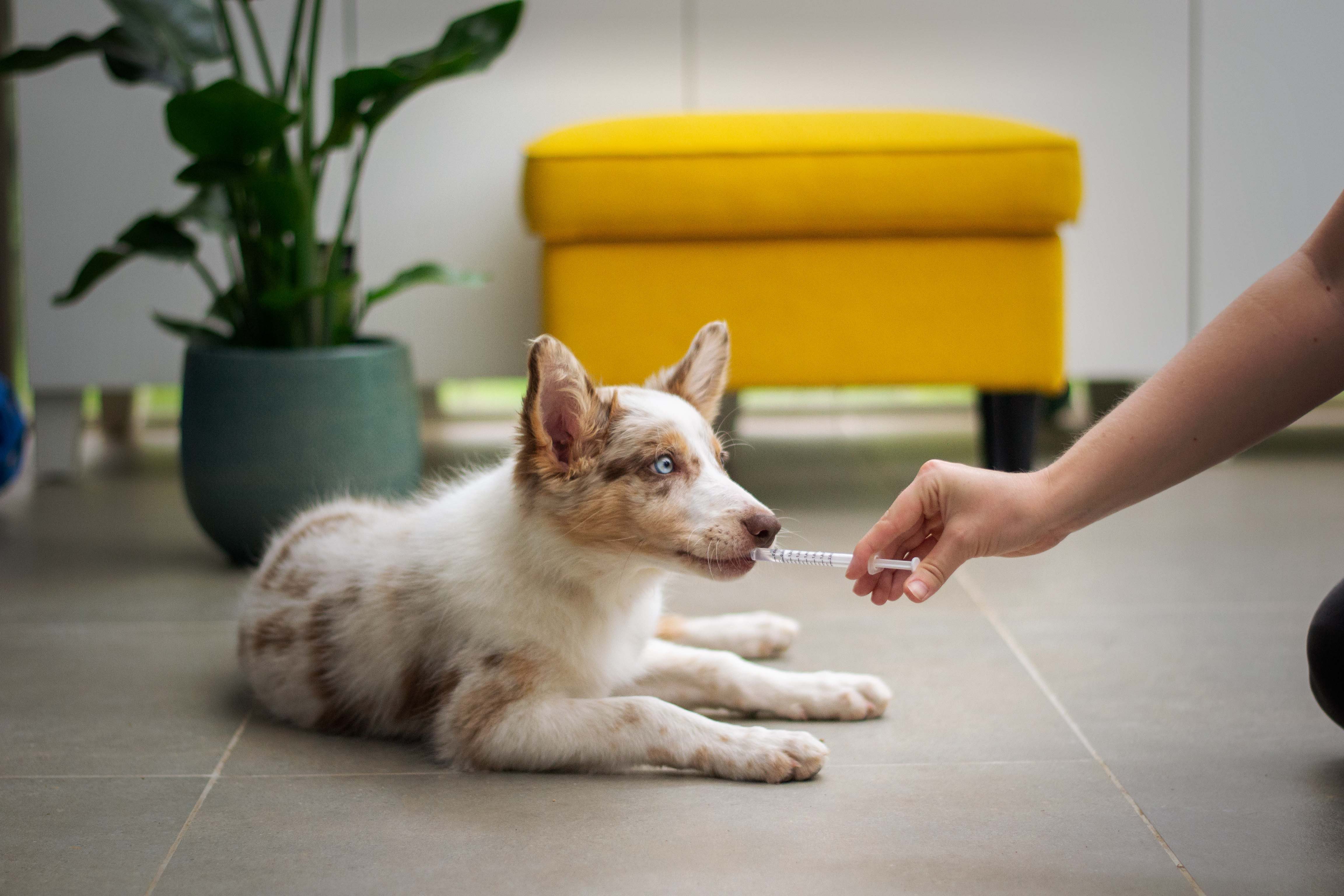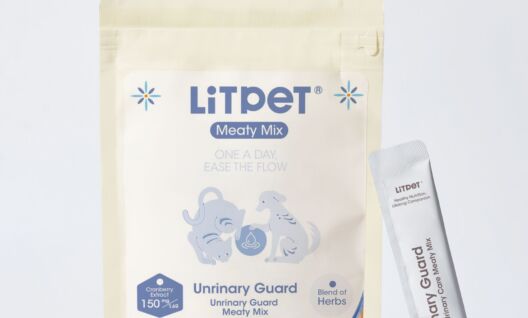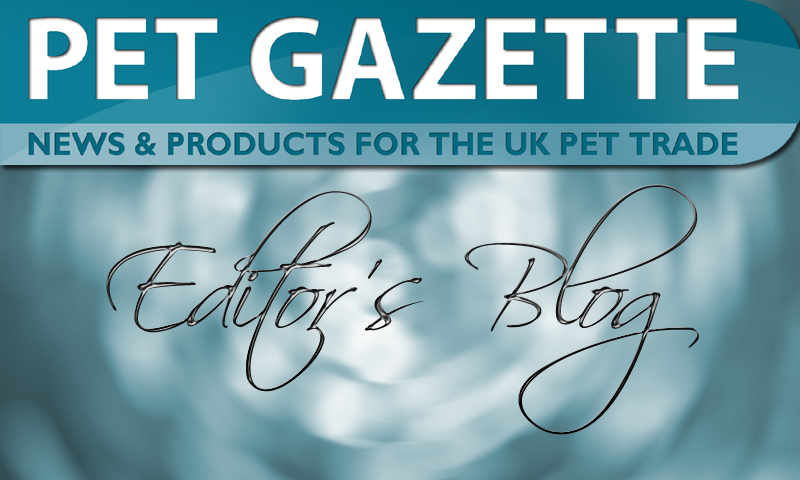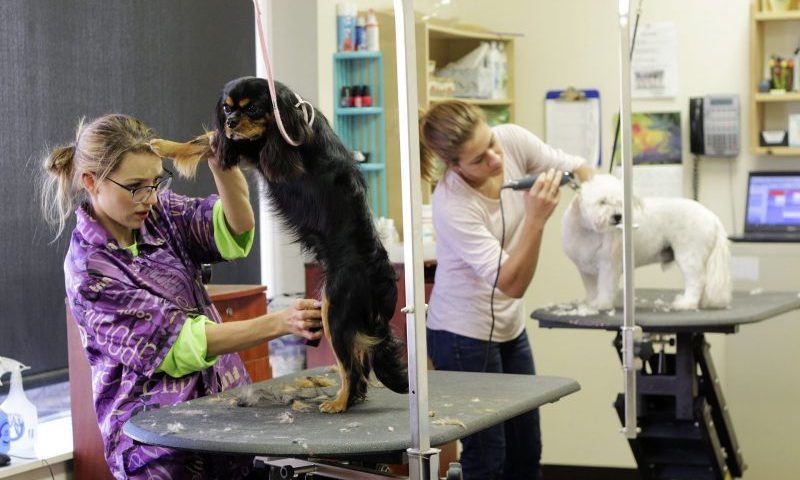Register to get 1 free article
Reveal the article below by registering for our email newsletter.
Want unlimited access? View Plans
Already have an account? Sign in
Contradictory claims and political turmoil. There’s no doubt that the recent EU Referendum left much of the UK scratching their heads and asking ‘what’s going to happen next?’
The pet trade is no exception. Following a vote on June 23, 51.9 percent of voters within the UK chose to leave the European Union. This leaves us to look to the industry’s future and find the best way to move forward and work together. Some decisions will need to wait until a clear exit plan emerges. For now, Pet Gazette has asked a few of the industry’s major organisations to share their views on the future of UK business.
The Pet Industry Federation (PIF) combines five specialist trade associations under one umbrella group. Federation members are pet industry specialists and include groomers, pet boarders, pet retailers and manufacturers.
The PIF commented: “The effect of the recent ‘Brexit’ result will undoubtedly resonate for years to come and it is certainly too early to fully understand how businesses will be affected.”
“Whilst the markets were initially sharply affected by the historic result, the Pet Industry Federation (PIF) wants to see clarity and stability introduced for the business community as quickly as possible, along with re-assurance from the government about how pet businesses will access European Union (EU) markets in the future and how the movement of people and trade will be affected.
“Exporting will clearly be a big concern for many UK pet suppliers and manufacturers, with the vast majority of those exporting currently doing so to the EU. We hope that the government will be able to re-assure those businesses that they will continue to be able to do so confidently without incurring far higher levies and costs which could force some into difficulty.
“PIF will retain an outward looking perspective with organisations such as UKTI where, as a Trade Challenge Partner, PIF can ensure that pet suppliers and manufacturers are kept abreast of news and initiatives to support them during these uncertain times.
“Whilst the decision to leave the EU will have a significant impact on the farming and veterinary communities, the welfare of pets is one of the least regulated areas of EU law, with laws covering pet welfare largely devolved to the member states. Legislation on animal cruelty is provided for by laws such as the Animal Welfare Act 2006. The UK is likely to still be bound by World Trade Organisation (WTO) rules on imports and exports, but there could be opportunities to prevent the import of animals (such as trade in puppies from the EU) if they represented a disease or welfare risk, along with implementing other laws on animal welfare which might be better than current EU standards.
“Whatever happens, be assured that PIF will continue to engage with key decision-makers at local and government level to ensure that pet suppliers and manufacturers and pet welfare are supported and represented as we enter this brave new world.”
Amanda Sizer Barrett, MBE, is the director general of the PetQuip and Gardenex associations. As part of the Federation of Garden and Leisure Manufacturers, PetQuip expands contact between manufacturers, suppliers and buyers both internationally and in the UK, and assists and promotes the development of international trade in the pet equipment sector.
Following the EU Referendum, Amanda commented: “Now that the British public has made its decision regarding European Union membership, the PetQuip and Gardenex associations will continue to work hard to help and support our member firms with all their export aspirations.
“We are already best placed to support exporters, with our comprehensive range of practical export advice and information, market research and information and new international business contacts – both within and outside the EU.
“So although there will inevitably be challenges for British companies, particularly in the shorter term as markets and countries absorb the decision, we will be working hard to provide the hands-on practical help, trade information and business introductions that British exporters in all of our sectors will need, in order to ride the uncertainty following the Referendum results and to open up new business leads and seize fresh export opportunities.
“We are fortunate that our growing body of members is innovative, entrepreneurial and pragmatic and ready to seize opportunities wherever they arise in the world. Therefore we are confident that in the longer term, British exports of petcare, garden and leisure products and services will continue to increase in established markets and develop in new territories and emerging markets around the globe.
“The Federation was in existence and helping exporters for many years prior to the UK joining the EU. Now that the decision has been made to leave, the Federation’s experienced team is looking forward to supporting current British exporters and giving practical help to firms who are ready to start exporting”.
The British Independent Retailers Association (bira) is the leading trade association for independent retailers in the UK.
In the aftermath of the vote to leave the union Alan Hawkins, CEO, said: “Above all consumers and the retailers that serve them need to be given as much confidence as possible from now until the agreement for the UK to leave the EU is signed, sealed and delivered.” He added: “That means laying out predictable timetables and sticking to them.”
The association believes that the market turmoil on the morning of the announcement, followed by the immediate political aftershocks will not be the only potholes in the road to life outside of the EU. While the slide in the pound against the dollar will make imports, particularly oil, more expensive, pushing inflation upwards, it will also help exporters.
The bira CEO was also watchful of the likelihood of interest rate changes. A further fall was possible if the Bank of England became concerned about a developing recession, but increases could follow if inflation grew too quickly.
Alan concluded: “Whatever we thought about Brexit yesterday, and members were evenly split on the issue, we are where we are today. We call on the government to do everything it can to make sure that calm and stability reign in the difficult run-up to the final exit.”
The British Veterinary Association (BVA) is the national representative body for the veterinary profession in the UK.
Following the outcome of the EU Referendum, BVA President Sean Wensley said: “The UK’s decision to leave the European Union will have a significant impact on matters of interest to the veterinary profession, particularly in relation to regulation, education, and workforce planning, but also in terms of animal welfare, research, surveillance, and animal movements.
“BVA will work hard to ensure the voice of the veterinary profession is heard during the negotiation and discussions that will now begin, in order to secure the best possible outcomes for our profession and for animal health and welfare in the UK. The Vet Futures report provides an excellent summary of issues we need to consider in those discussions, and the Vet Futures Action Plan, due to be launched at the Vet Futures Summit on 4 July, outlines key initiatives that we need to take forward, albeit with revised timelines while the full impact of Brexit is determined.
“BVA will retain an outward looking and inclusive perspective through our relationships with international partners, including the Federation of Veterinarians for Europe (FVE), Commonwealth Veterinary Association (CVA) and World Veterinary Association (WVA) to ensure the UK veterinary profession continues to influence and engage on cross border issues such as disease surveillance, veterinary medicines and antimicrobial resistance.”
















